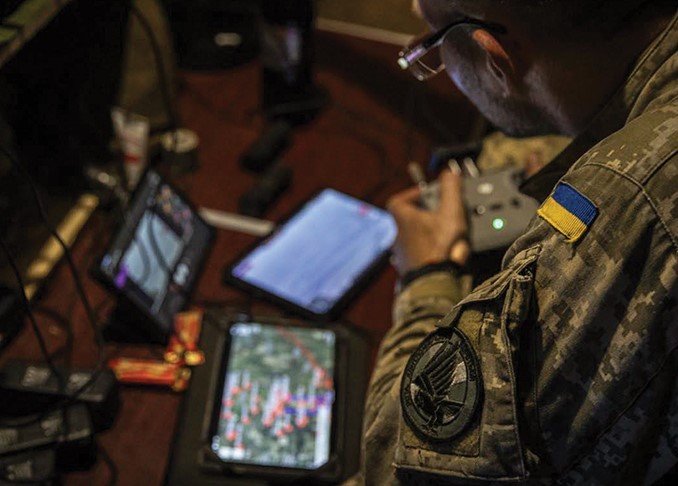In the rapidly evolving landscape of modern military operations, the integration of Artificial Intelligence (AI) into command, control, and communications (C3) systems is poised to redefine how military leadership operates at both tactical and operational levels. Mercury Strategic, a leading defense consultancy, has been at the forefront of this transformation, leveraging AI to enhance decision-making processes and operational efficiency. This article explores the impact of AI on military command and the revolutionary changes it brings to the defense sector.
Enhancing Situational Awareness
AI possesses the extraordinary capability to process vast amounts of data in real-time, granting military commanders an unprecedented level of situational awareness on the battlefield. This is especially crucial at both tactical and operational levels, where split-second decisions can alter the course of engagements. During recent conflicts, commanders have harnessed AI-driven real-time information systems to monitor enemy movements, anticipate threats, and deploy resources with remarkable precision.
AI algorithms can analyze satellite imagery, drone feeds, and ground sensor data to detect patterns and anomalies, providing commanders with actionable intelligence. This capability not only bolsters the safety and effectiveness of military operations but also facilitates proactive decision-making that can preempt enemy actions. The ability of AI to sift through complex data streams allows commanders to rapidly identify critical information, such as enemy positions, troop movements, and logistical vulnerabilities.

Moreover, AI has been employed to enhance target acquisition, including the use of first-person-view (FPV) drones, which have become ubiquitous as both offensive and defensive weapons. These drones, as well as others, have become essential to any commander’s intelligence, surveillance, and reconnaissance (ISR) toolkit.
Transforming Command and Control Systems
The integration of AI into command and control systems has revolutionized military leadership by providing commanders with advanced tools for decision-making and resource management. AI-driven systems can simulate various scenarios and predict outcomes based on real-time data, enabling commanders to make informed decisions quickly and accurately. This capability is particularly valuable in high-stress situations where time is of the essence.
AI also enhances communication within the military hierarchy by streamlining information flow and reducing the risk of miscommunication. Automated systems can relay critical information to the appropriate personnel in real-time, ensuring that everyone is on the same page. This level of coordination is essential for executing complex operations and maintaining operational efficiency.
Furthermore, AI-driven command and control systems can adapt to changing circumstances and provide commanders with updated information as situations evolve. This adaptability is crucial in dynamic environments where conditions can change rapidly. By leveraging AI, military leaders can stay ahead of the curve and respond to emerging threats with agility and precision.
The Future of AI in Military Operations
As global powers continue to invest in AI technologies, the implications for defense strategies and decision-making processes are becoming increasingly evident. AI in C3 is no longer just an innovative tool but is fast becoming an indispensable element for military leadership, given its potential applications and recent advancements. The roots of AI in defense can be traced back to the Cold War era, when rudimentary AI systems were developed to enhance strategic decision-making and improve weapons systems.
In more recent conflicts, such as the wars in Iraq and Afghanistan, AI technologies were employed for surveillance, target acquisition, and predictive analysis. These early implementations laid the groundwork for the sophisticated AI systems seen today in various military operations. The integration of AI into military command and control systems is expected to continue evolving, with new advancements and applications emerging regularly.
The future of AI in military operations holds immense potential for further enhancing situational awareness, decision-making, and operational efficiency. As AI technologies become more advanced, their applications in the defense sector will expand, offering new opportunities for innovation and improvement. The ongoing collaboration between defense organizations and AI experts will be crucial in realizing the full potential of AI in military operations.
